Wheel bearings are easy to overlook, especially in nonmotorized vehicles like campers and trailers, which aren’t regularly serviced in a shop. Neglected bearing maintenance can lead to seized wheel bearings, which could leave you stranded, or worse. Seized bearings can ruin a spindle and even require an expensive axle replacement (see video below). Regularly repacking your wheel bearing grease helps prevent wheel seizure. Here are some Tech Tips for maintaining your wheel bearings.
Remove the wheel
First, remove the wheel, then use a screwdriver and hammer to remove the dust cap. Remove the cotter pin and nut under the dust cover. Next, pull the hub out a little and pull out the outer bearing and washer.
Try to keep the bearing as clean as possible, you may be able to reuse it if it is undamaged. Finally, pull the hub all the way off; the inner bearing and seal should stay in the hub.
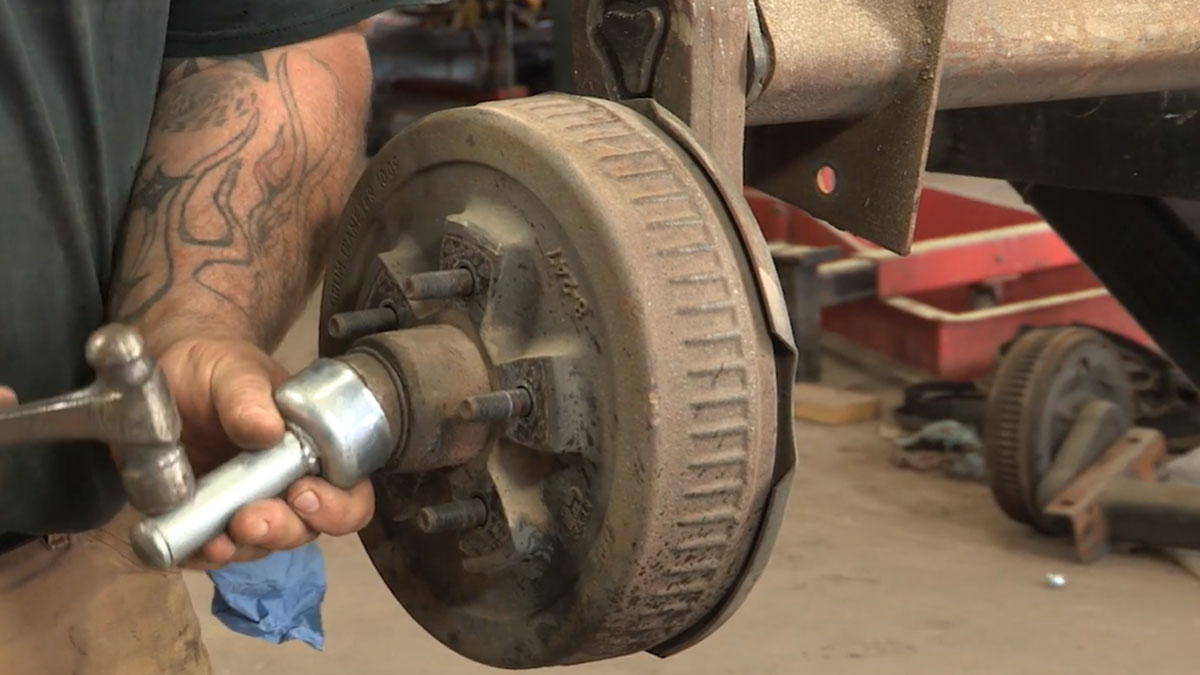
Check for wear
First, check the seal for moisture and plan to replace the seal if it is wet. Next, use a screwdriver to remove the seal and inner bearing. AMSOIL Synthetic Water Resistance Grease helps protect bearings in the event of water intrusion and is highly recommended for vehicles used in wet environments, including boat and snowmobile trailers.
Use a rag to wipe the grease and debris from the bearing. Brake cleaner can help cut through the grease. Examine the condition of the bearing and if you notice wear or it feels rough when rotated, replace the bearing.
Repacking
Once the bearing is clean, or you’ve acquired a suitable replacement, it’s time to pack it with grease. There is a readily available and inexpensive bearing packing tool available at most auto, hardware and farm stores, shown below. Clamp the bearing in the tool and apply grease until the bearing is full.
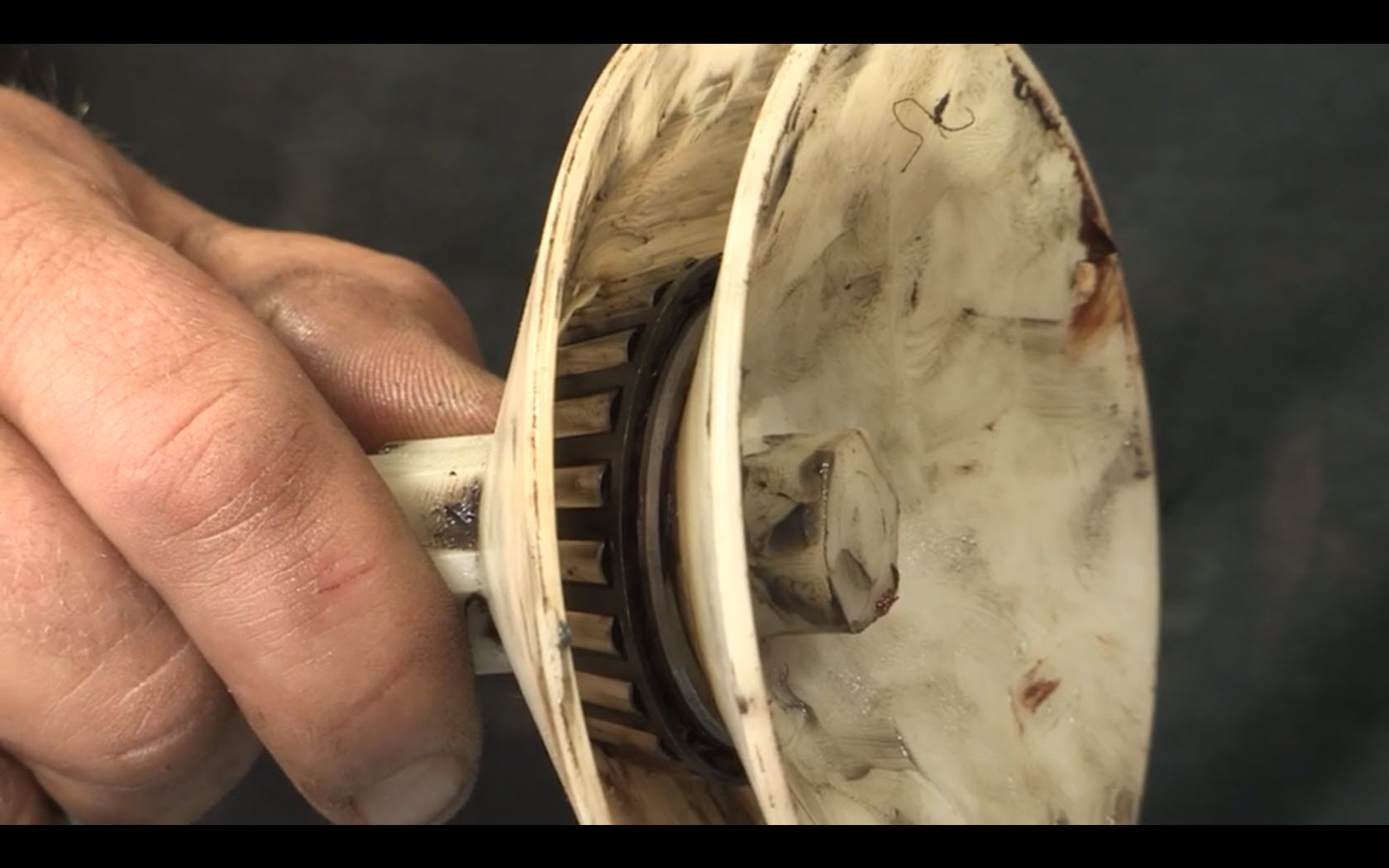
You can also pack the bearing by hand. Fill your palm with grease and rub it into the nooks and crannies of the bearing until it’s full of grease. Make sure to apply grease to both sides until it’s completely coated.
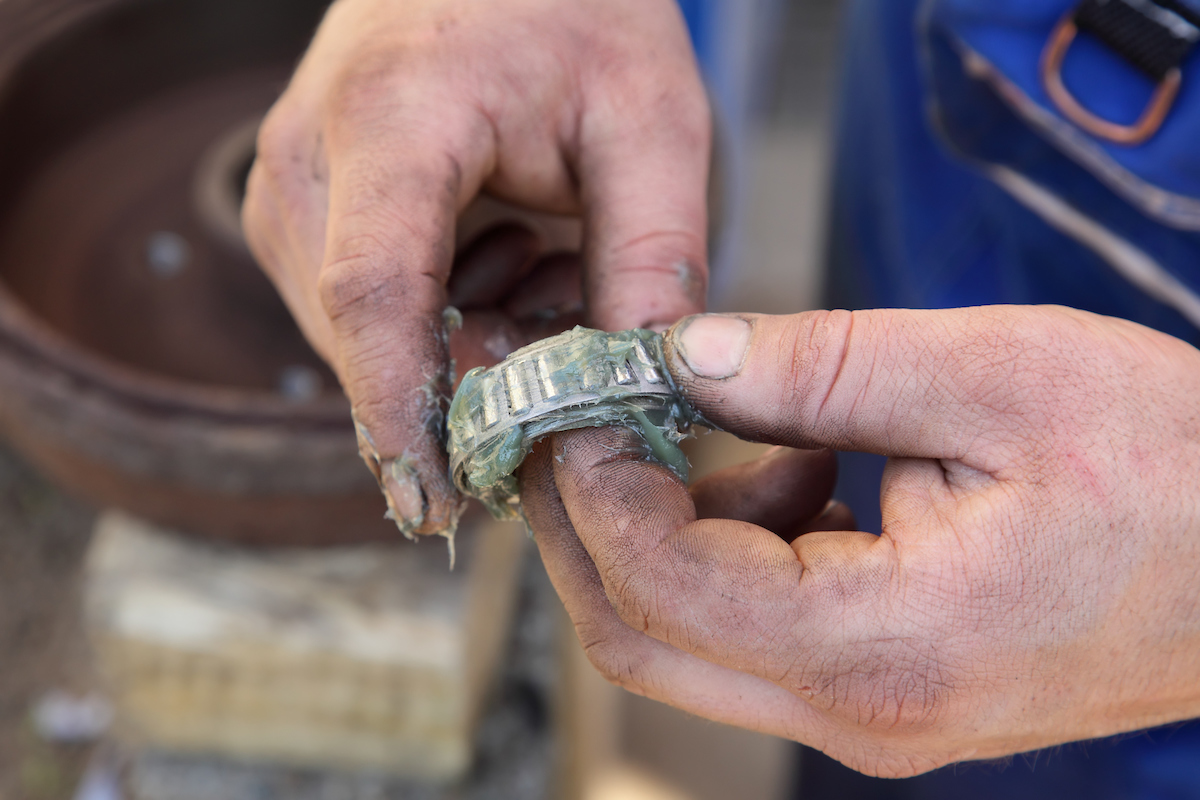
Reseating
Place the bearing back in the hub and replace the seal. Use a hammer to lightly tap the seal until it’s seated.
Now, slide the hub back on the axle and install the outer bearing and the outer washer with the proper torque. Do not overtighten the nut or the bearing may overheat. If you don’t have a torque wrench, tighten the nut, then back it off a quarter-turn until the wheel spins freely. Finally, install the cotter pin to lock the nut in place, put the dust cap back on, remount the wheel and you’re done.
Routine Maintenance
Bearings that are repacked once a year as part of routine maintenance will last a long time and protect your wheels and axles from catastrophic failure. AMSOIL has a full line of premium grease products to protect your wheel bearings and other equipment, even in the harshest conditions.
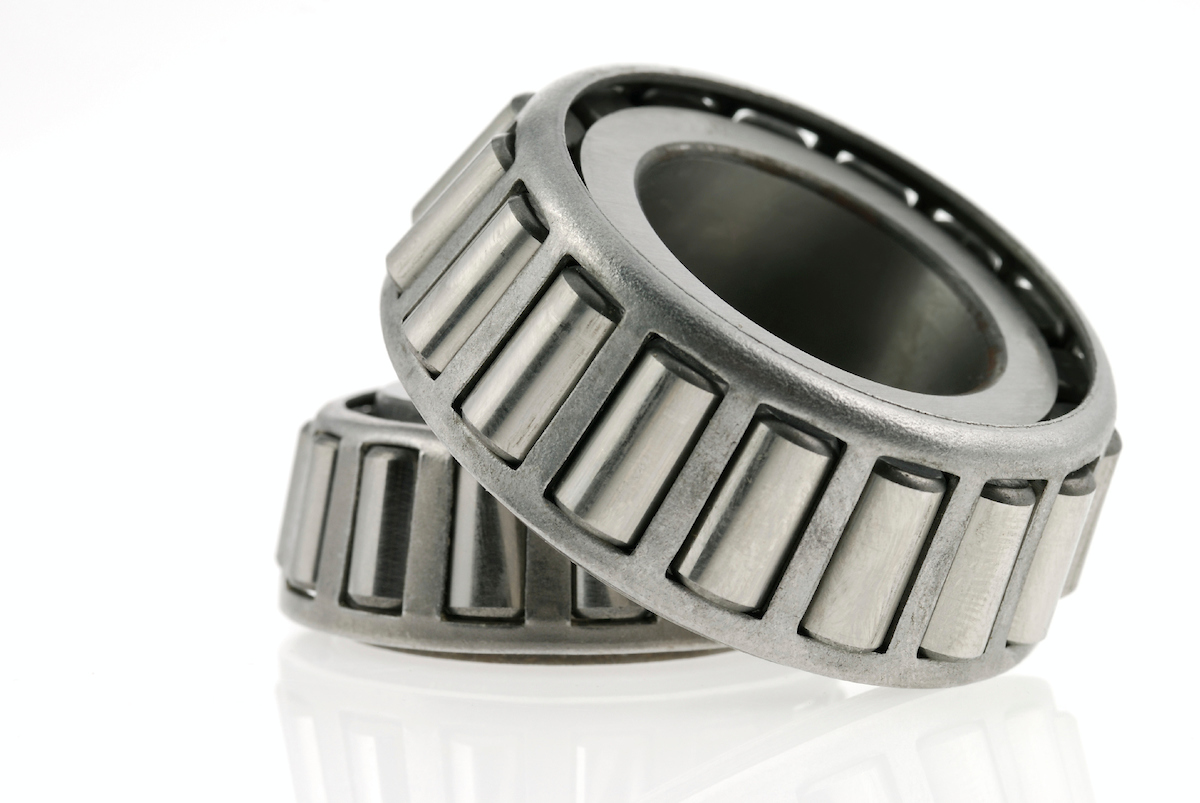

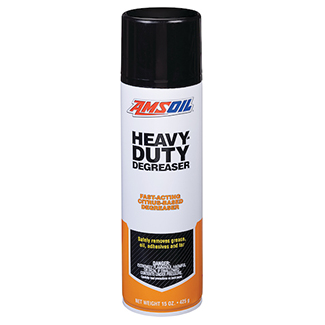
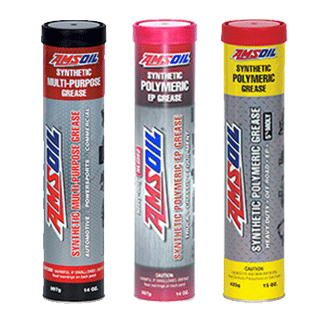

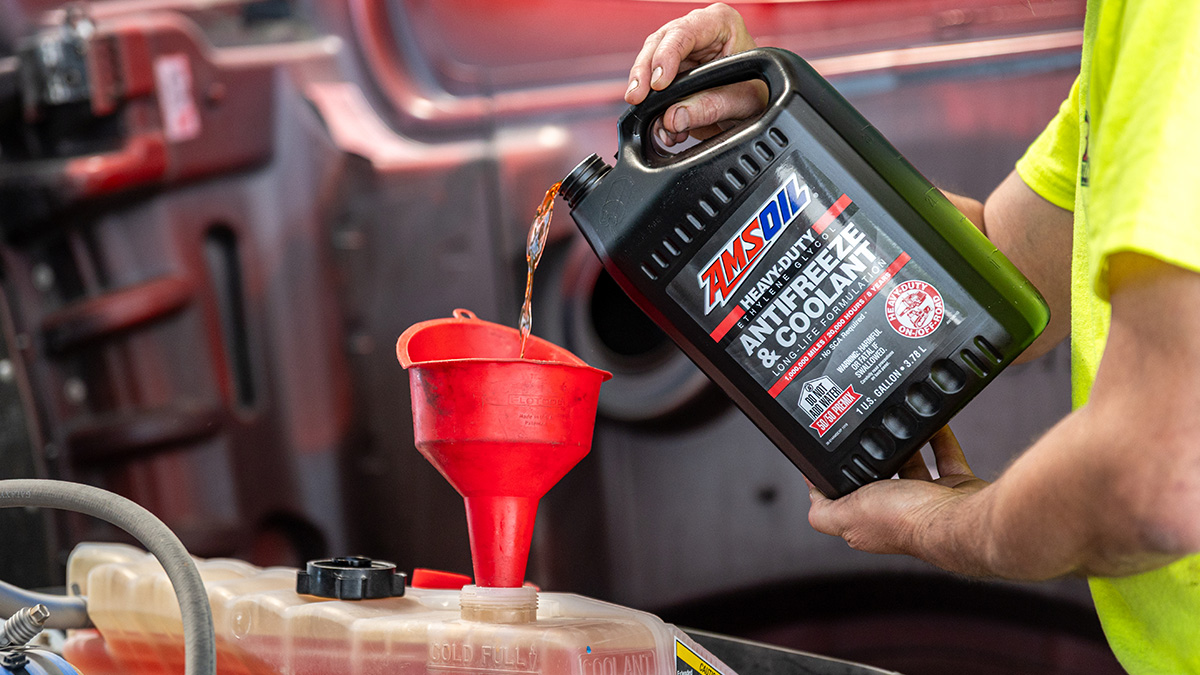
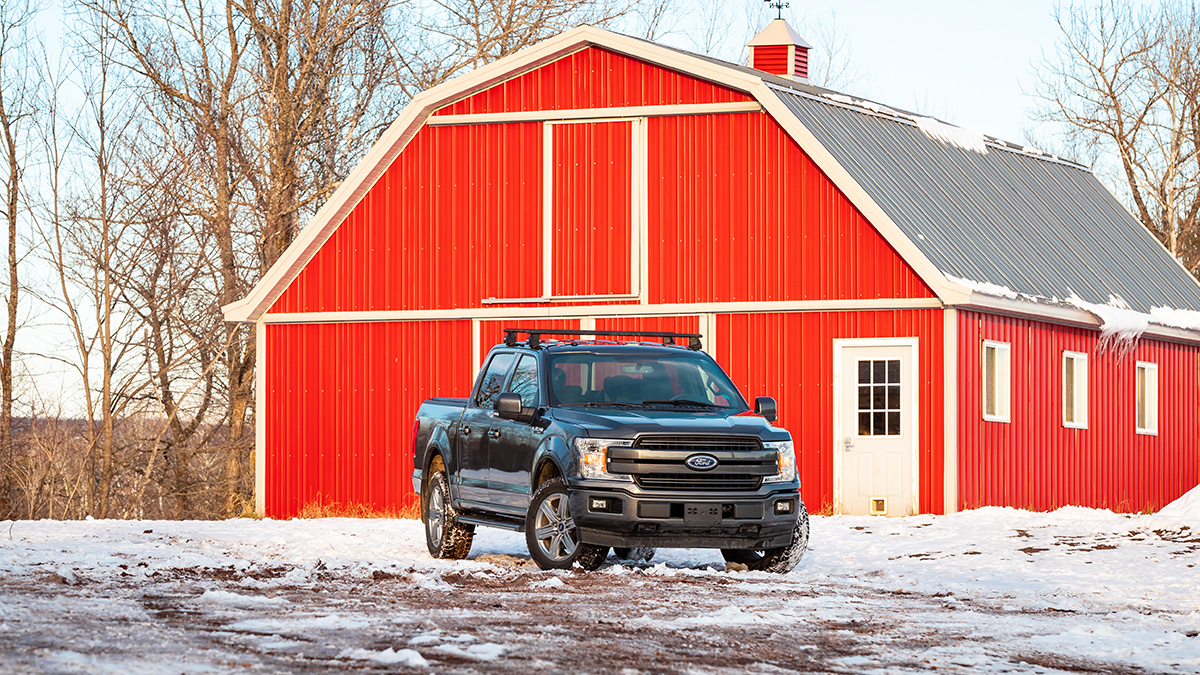
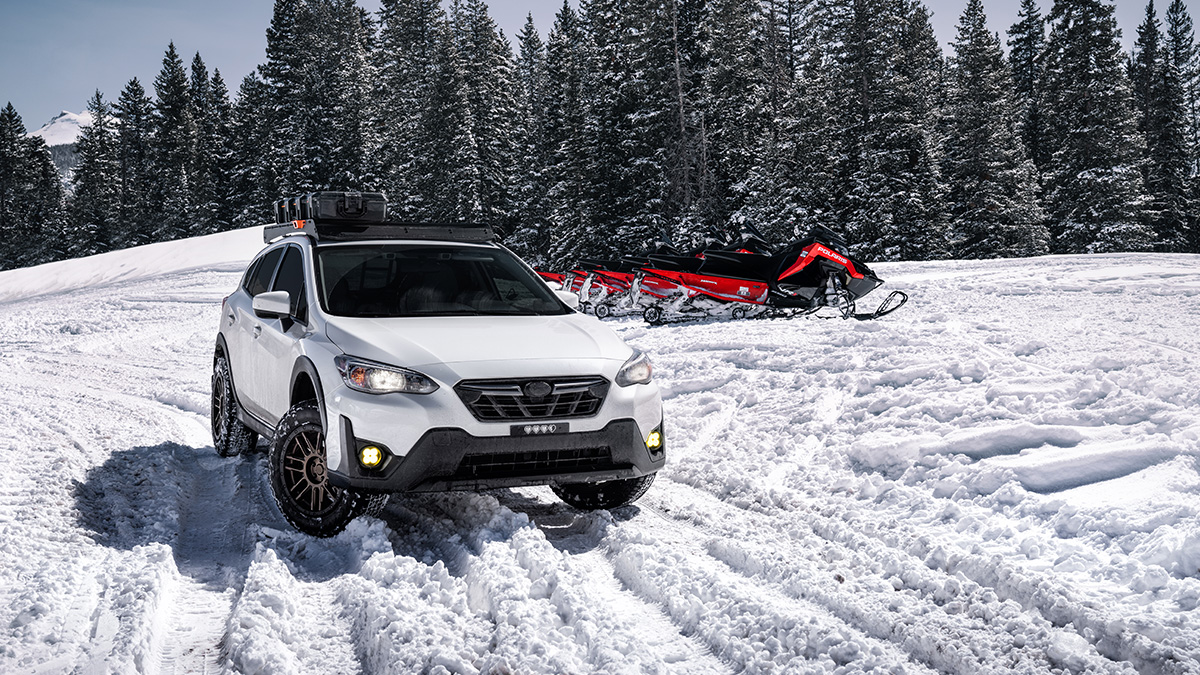
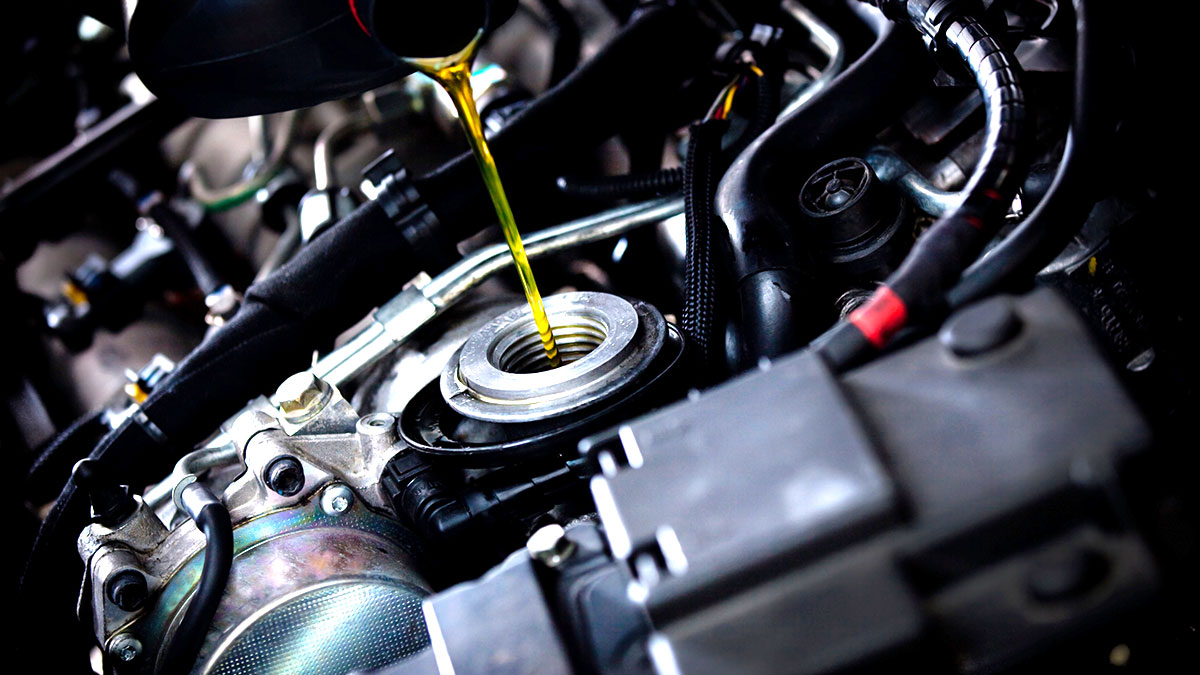
Comments
AMSOIL Technical Writer and 20-year veteran of the motorcycle industry. Enjoys tearing things apart to figure out how they work. If it can’t be repaired, it’s not worth owning.
Share: